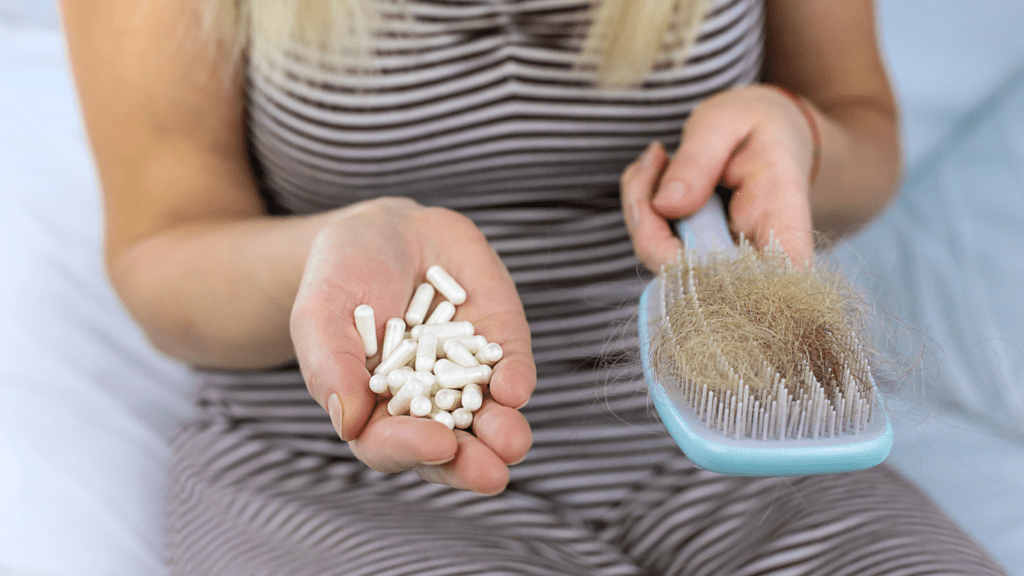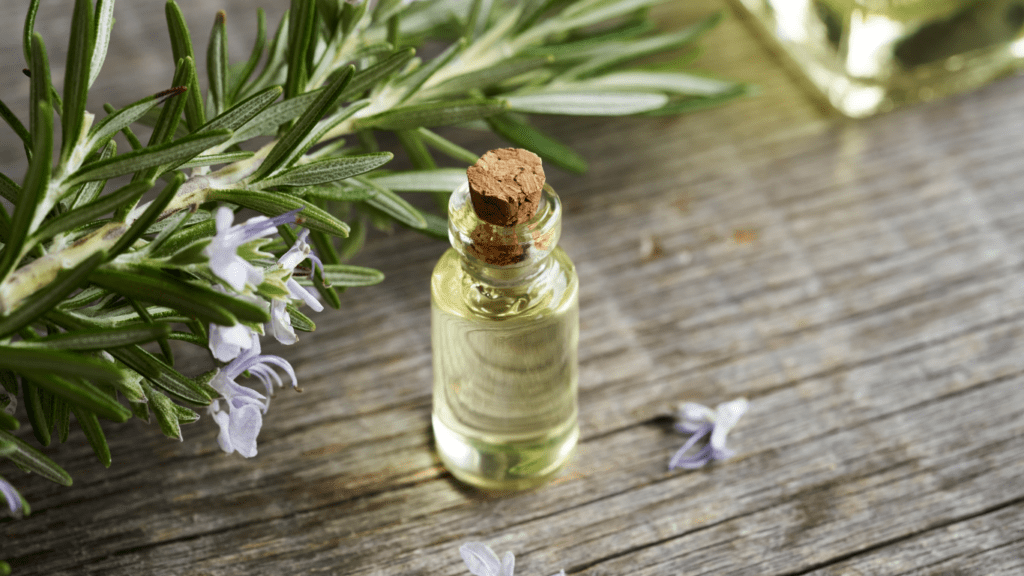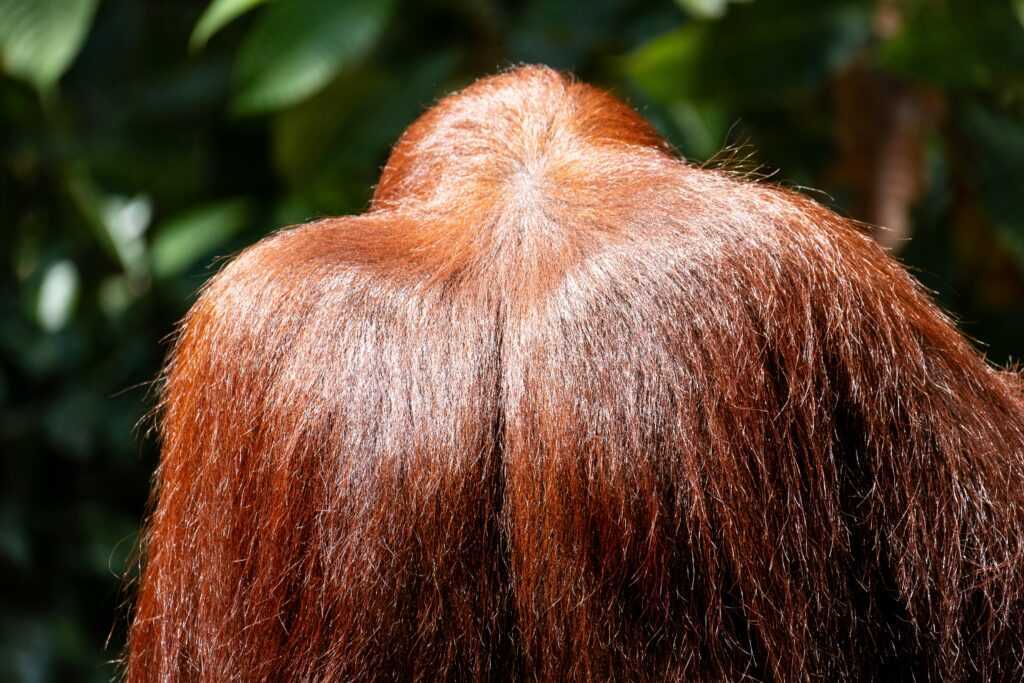The Importance of Vitamins and Supplements for Hair Growth
Vitamins and supplements play a crucial role in maintaining and enhancing hair growth. They provide the necessary nutrients that food alone might not supply. Deficiencies in essential vitamins can lead to hair thinning, dryness, and loss. Specific vitamins and minerals, such as biotin and vitamin D, are directly linked to hair health.
Biotin, or vitamin B7, strengthens hair and promotes growth. Eggs, nuts, and whole grains contain biotin. Without adequate biotin, hair can become brittle and break easily.
Vitamin D helps create new follicles. Fatty fish, cheese, and fortified dairy are good sources of vitamin D. Insufficient vitamin D can lead to hair thinning and loss.
Iron is vital for hair growth due to its role in oxygenating blood. Spinach, red meat, and lentils are rich in iron. Low iron levels can cause anemia, which is often associated with hair loss.
Zinc promotes hair repair and growth. Shellfish, beef, and pumpkin seeds provide zinc. A zinc deficiency can hinder hair recovery and lead to shedding.
By focusing on these vitamins and supplements, individuals can support the health and growth of their hair effectively.
Essential Vitamins for Hair Growth
Incorporating specific vitamins into your daily regimen can significantly enhance hair health. Each vitamin plays a unique role in promoting growth and preventing hair issues.
Vitamin A
Vitamin A supports the growth of all cells, including hair, which is the fastest-growing tissue in the human body. It also helps skin glands produce sebum, an oily substance that moisturizes the scalp, keeping hair healthy. I consume foods rich in beta-carotene, like:
- carrots
- sweet potatoes
- spinach
to maintain adequate Vitamin A levels.
Vitamin B Complex
Vitamin B Complex includes a variety of B vitamins, each contributing to hair growth in different ways. Biotin (B7) helps produce keratin, a protein in hair. Niacin (B3) improves blood circulation to the scalp, promoting hair growth. Other B vitamins such as B12 and folic acid aid in the production of red blood cells, which oxygenate the scalp. I often eat whole grains, nuts, and dairy products to up my intake of B vitamins.
Vitamin C
Vitamin C is an antioxidant that protects hair from free radical damage. It also helps the body produce collagen, a crucial protein for hair strength. Additionally, it aids iron absorption, preventing hair loss associated with iron deficiency. Citrus fruits, strawberries, and bell peppers are my go-to sources of Vitamin C.
Vitamin D
Vitamin D creates new hair follicles, which can improve hair thickness. Deficiency in Vitamin D has been linked to alopecia, a condition that causes hair loss. Spending some time in the sunlight and consuming fish like salmon or fortified foods assists me in maintaining sufficient Vitamin D levels.
Vitamin E
Vitamin E is another powerful antioxidant that reduces oxidative stress on the scalp, promoting healthy hair growth. Studies show that people who supplement with Vitamin E can experience a significant increase in hair count. I include nuts, seeds, and green leafy vegetables in my diet to boost my Vitamin E intake.
Key Minerals for Hair Health
Minerals are crucial for maintaining healthy hair. They assist in various physiological processes, including hair growth, strength, and texture.
Iron
Iron boosts circulation, ensuring oxygen reaches hair roots. Deficiency can lead to hair loss and thinning, especially in women. Foods rich in iron include spinach, lentils, and tofu. I always suggest including vitamin C-rich foods for better iron absorption.
Zinc
Zinc helps repair hair tissues and ensures proper functioning of oil glands around follicles. Deficiency can cause hair to break and slow growth. Oysters, beef, pumpkin seeds, and lentils are good sources. I often emphasize maintaining balanced zinc levels, as excess zinc can affect hair health.
Magnesium
Magnesium reduces scalp inflammation and counters calcium build-up, which can clog hair follicles. Deficiency can lead to brittle hair. Foods like almonds, spinach, and black beans provide good magnesium intake. I recommend these foods to keep hair strong and healthy.
Selenium
Selenium supports antioxidants in protecting hair follicles from damage. It also regulates thyroid function, integral for hair growth. Brazil nuts, tuna, and eggs are excellent sources. As Brazil nuts contain high selenium levels, I suggest consuming them in moderation to avoid toxicity.
Herbal Supplements That Promote Hair Growth

Herbal supplements can effectively support hair growth by enhancing scalp health and follicle strength. These natural remedies offer an alternative or complement to vitamins and minerals.
Saw Palmetto
Saw Palmetto, derived from the berries of the Serenoa repens plant, acts as a natural DHT blocker. Since DHT often contributes to hair loss, reducing its levels can prevent hair thinning. Studies show that applying saw palmetto topically or taking it as a supplement can promote thicker hair. Recommended dosage varies, but extracts containing 85-95% fatty acids are most effective.
Ginseng
Ginseng, particularly Panax Ginseng, is known for its ability to stimulate hair follicles. It improves blood circulation to the scalp, ensuring that hair receives the nutrients needed for growth. Research indicates that ginsenosides, active compounds in ginseng, can promote hair growth and prevent hair loss. Daily supplements generally contain 200-400 mg of ginseng extract.
Rosemary
Rosemary, an aromatic herb, enhances hair growth by improving scalp circulation and reducing inflammation. Rosemary oil is popular for topical application, often mixed with a carrier oil and massaged into the scalp. Studies suggest that rosemary oil can be as effective as minoxidil, a standard hair growth treatment, in promoting hair thickness. For best results, use rosemary oil 1-2 times per week.
Popular Hair Growth Supplements
Various supplements support healthy hair growth effectively. Among these, biotin, collagen, and omega-3 fatty acids are well-known for their beneficial properties.
Biotin
Biotin, or Vitamin B7, is crucial for producing keratin, the protein that makes up hair. It reinforces hair structure, reduces hair breakage, and improves elasticity. You can find biotin in foods like eggs, nuts, and seeds, but many prefer supplements for higher doses. Studies show that biotin deficiency can lead to hair thinning, emphasizing its importance.
Collagen
Collagen is a protein that maintains hair follicle health, promoting thicker and stronger hair. It’s composed of amino acids that your body can use to build keratin. Collagen supplements, typically in powder or pill form, enhance hair strength and elasticity. Including bone broth and fish in your diet also increases collagen intake.
Omega-3 Fatty Acids
Omega-3 fatty acids, found in fish oil, flaxseed, and walnuts, nourish hair follicles and support scalp health. They reduce inflammation, which can lead to hair loss. Omega-3 supplements improve hair density and diameter, making hair appear fuller. A study published in the “Journal of Cosmetic Dermatology” found that participants experienced significant hair growth with omega-3 supplementation.
| Supplement | Source | Benefits |
|---|---|---|
| Biotin | Eggs, nuts, seeds | Reduces breakage, improves elasticity |
| Collagen | Bone broth, fish | Enhances strength, promotes thickness |
| Omega-3 Fatty Acids | Fish oil, flaxseed, walnuts | Nourishes follicles, supports scalp health |
Factors to Consider When Choosing Supplements
Quality and Purity
Verify supplement quality by checking for third-party testing. Look for certifications from organizations like NSF International, USP, or ConsumerLab. High-quality supplements use pure ingredients, free from additives or fillers. This helps prevent allergic reactions and ensures effectiveness.
Bioavailability
Consider bioavailability, which measures how well the body absorbs nutrients. Choose supplements with enhanced bioavailability—look for terms like “chelated” for minerals or “liposomal” for vitamins. Enhanced forms improve absorption and provide better results.
Dosage and Form
Check the dosage of each active ingredient in the supplement. Excessive doses can cause side effects. It’s also essential to choose a form that fits your lifestyle, such as capsules, tablets, or gummies. Some people prefer liquid supplements for easier consumption.
Ingredients and Allergens
Read ingredient labels to identify allergens like gluten, soy, or dairy. Some supplements may contain artificial colors or preservatives, which can cause adverse reactions. Opt for hypoallergenic supplements if you have sensitivities, ensuring a safer choice for your health.
Brand Reputation
Research the brand’s reputation. Trusted brands often have positive customer reviews and transparency about their manufacturing processes. Avoid brands with negative feedback or unresolved complaints. Reputable brands prioritize product safety and efficacy.
Health Conditions and Medications
Consider existing health conditions when choosing supplements. Some ingredients might interact with medications or worsen certain conditions. Consult a healthcare provider to ensure compatibility with your health status and prescriptions.
Cost and Value
Calculate the cost per serving to evaluate a supplement’s value. Pricier options might offer concentrated ingredients or better bioavailability. Although cheaper supplements save money upfront, they might not provide the same benefits. Balance cost with effectiveness for the best investment in your health.



 Product Review Expert
Marta is the product guru of the team, with a keen eye for discovering the best hair care products available. She meticulously tests and reviews shampoos, conditioners, styling tools, and treatments to give readers honest, in-depth insights. Marta’s expertise ensures that only the highest quality products are recommended, making her reviews an essential guide for anyone looking to invest in their hair care routine.
Product Review Expert
Marta is the product guru of the team, with a keen eye for discovering the best hair care products available. She meticulously tests and reviews shampoos, conditioners, styling tools, and treatments to give readers honest, in-depth insights. Marta’s expertise ensures that only the highest quality products are recommended, making her reviews an essential guide for anyone looking to invest in their hair care routine.
